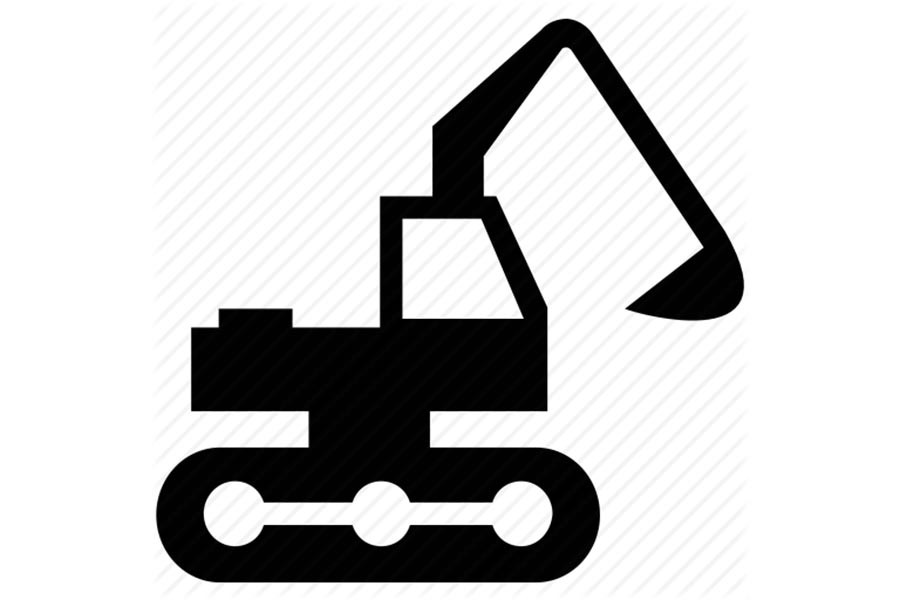Apparently a flurry of development work is going on right at this moment. If one is a resident of Shyamoli, Mohammadpur, Lalmatia etcetera, it is a tough ask to get out or in such areas. Almost all alleys leading to these areas from the main roads have been dug out. Piles of freshly excavated earth-mud included, concrete chunks and loose bricks have left no space for vehicular movement or for people to negotiate.
It must be admitted that powerful excavator is digging the roads in double quick time but still it takes months to give back the original shape to those streets. This time the focus seems to be on drains and sewerage lines of the areas concerned. Concrete pipes have been laid seven to eight feet deep, which are connected to newly constructed traditional drains or similar facilities now under construction. The programme looks massive by all counts.
Now what looks rather incongruous is that this flurry of development works has been initiated only after two years of repair of all these alleys and streets. At that time the repair work was done with concrete cover. The idea was to avoid repeated repairs needed for asphalt covering. Excavators have dug out the covering and after the fixing of the sewerage lines the streets and alleys will have to be constructed afresh.
It is exactly where the problem lies. Inhabitants of the city are subjected to several phases of development works, some of which could easily be avoided had there been a comprehensive plan and the required coordination. The trend of spoiling one government agency's finished job by another is so clear that even a layman on the street feel revulsion at such lack of cooperation and coordination between and among utility services and agencies.
In doing so, not only are the city people subjected to needless travails, but also tons of money goes down the drain. A symptom of underdevelopment, such mismatch of planning and execution has held back the country's progress by several years, if not decades. When footpath's covering is redesigned with bricks or slabs of new shapes and sizes in the name of development, the authorities even fail to realise that people are not amused. Again, when one agency digs roads and leaves those open for months, the suffering of people becomes endemic for many reasons. In the rainy season, it becomes almost impossible for people to negotiate such dug-out streets and roads. In the dry season, dust swirls all around causing various diseases to people, children in particular.
People are fully aware why such works are taken up separately. The lure of lucre is the governing motive. Who the beneficiaries are needs no elaboration. Politics indeed has become a money-spinning vehicle. Had people in power been patriots, they would have drafted a comprehensive plan for such development works. Until now the various agencies could not be made to appreciate the virtue of coordination. A late mayor once proposed for a coordinating authority to oversee the affairs. But his proposal and repeated suggestions made in the media for such a set-up fell on deaf ears.
Proper use of money and resources could make a lot of difference in the capital's infrastructure. Nothing less than city governance by mayors can improve the situation. Now the disparate sources of authorities have been wasting money on construction, demolition and reconstruction. Here is a vicious cycle. It must be brought to an end if the benefit has to be reaped in the true sense of the term.


